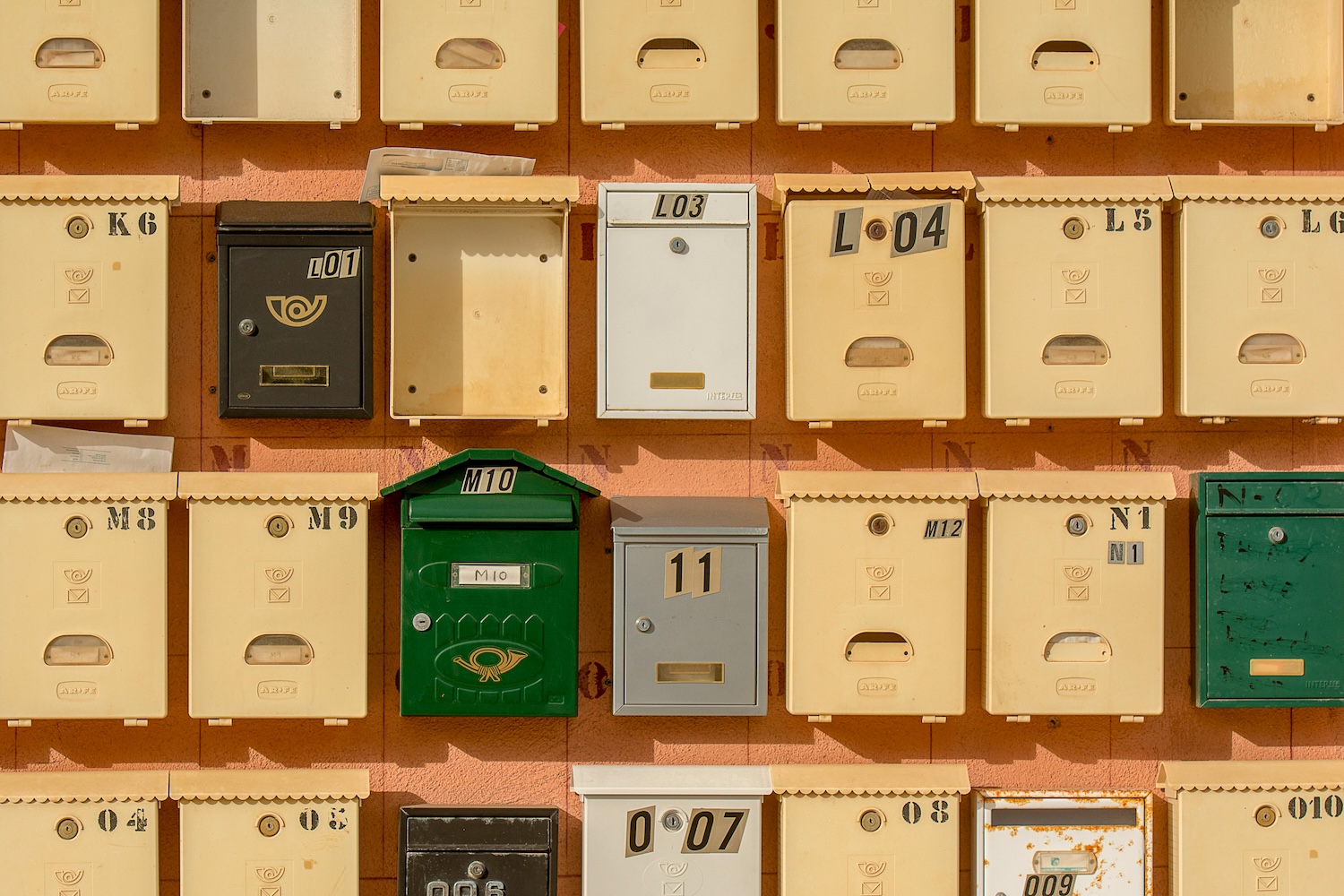Editorial: Vintage in the pandemic is a time for nostalgia
The desire to revisit the past may be one of the reasons why there’s been such an explosion of online interest in vintage during the pandemic
If you’ve found yourself re-watching an old TV show or re-reading a favourite book during the pandemic, chances are, you aren’t alone. These have been uncertain times, and there’s comfort in the familiar.
Nostalgia, or the act of revisiting positive past memories, can help people get through difficult periods. Andrew Abeyta, assistant professor in the psychology department at Rutgers University, has conducted numerous studies on the effects of nostalgia on psychological health.
“We have found that nostalgia can alleviate loneliness by regulating pessimistic views of one’s ability to establish meaningful social bonds, and by encouraging goals of connecting with others,” Abeyta writes on his website.
A collective sense of sentimentality for the “before times” has helped bring people together over the past 15 months. This desire to revisit the past may be one of the reasons why there’s been such an explosion of online interest in vintage fashion and vintage decor during the pandemic.
Many of us are seeking that feeling of comfort, which can often be found in the things that remind us of a better time.
What is nostalgia?
Let’s break it down. Nostalgia comes from the Greek words “nostos,” which translates to homecoming, and “algos,” which means “ache” or “pain.”
The word is attributed to Swiss medical student Johannes Hofer, who in the late 1600s used “nostalgia” to describe a feeling of homesickness seen among Swiss soldiers who had been deployed to other countries.
For a long time, nostalgia was considered an affliction — a medical condition, even. Stomach cramps, indigestion, fainting and death were all “symptoms” of nostalgia among those in this state of melancholy. (Just an assumption here, but anxiety and depression were possibly misattributed as nostalgia.)
Nowadays, nostalgia can still be a little painful, and maybe even get your stomach churning, but it’s usually in a good way. Happy memories are fun to look back on, right?
Even if part of you feels a little sad because that time is over, and because you know deep down that if you could go back, it would never really be the same.
Continued below
Fresh advice about old stuff
Download our free tip sheets
Continued from above
The best parts of the past
A big part of my own vintage appreciation journey has been rooted in nostalgia. I think about the original owners of these items. I think about the lives these people led and what they might have been like. (Dear Rachel, whoever you are, I am taking good care of your peach ceramic floor vase with “To Mom and Dad” inscribed on the bottom.)
“Isn’t that what loving vintage is all about? We pull out the best parts from the past and make them shine.”
Sometimes objects of a certain vintage, like 1930s or earlier, make me feel those little pricks of nostalgia pain, because I know many of those first-degree owners are likely not around anymore. It makes me want to do their possessions justice — to find their beauty, give them new life and use them well. (Can you tell I’m a Cancer yet?)
We tend to romanticize the past. Rose-coloured glasses and all that. But that’s one of the special things about nostalgia. It’s a feeling. It’s an emotion. It’s a memory. Or it’s what we thought was a memory, but it’s more of a hazy half-truth. And isn’t that what loving vintage is all about? We pull out the best parts from the past and make them shine.
As we press on with the pandemic and long for those “before times,” people have turned inwards to focus on their homes. They’re also spending more hours on social media, making it a good time to grow for many vintage sellers, both experienced and fledgling.
“Nostalgic memories tend to focus on special social relationships, and that waxing nostalgia affirms social belonging, reduces fear of negative evaluation and energizes efforts to connect with others,” writes Abeyta. “We also [found] that nostalgia generally encourages self-efficacy and optimistic views of the future.”
We are all facing a new future. Will it continue to be a vintage-loving one?
What about vintage gets you feeling nostalgic? Let us know in the comments!
Thank you for valuing our work!
Support our work to see this page.
You’ve got a good eye, but this gem is only available for members. Register for a plan or upgrade your current one to peek behind this vintage curtain, or log in below.
















